With strict regulations in the insurance contract, even though not satisfied with the compensation settlement results, customers have no choice but to give up and stop complaining.
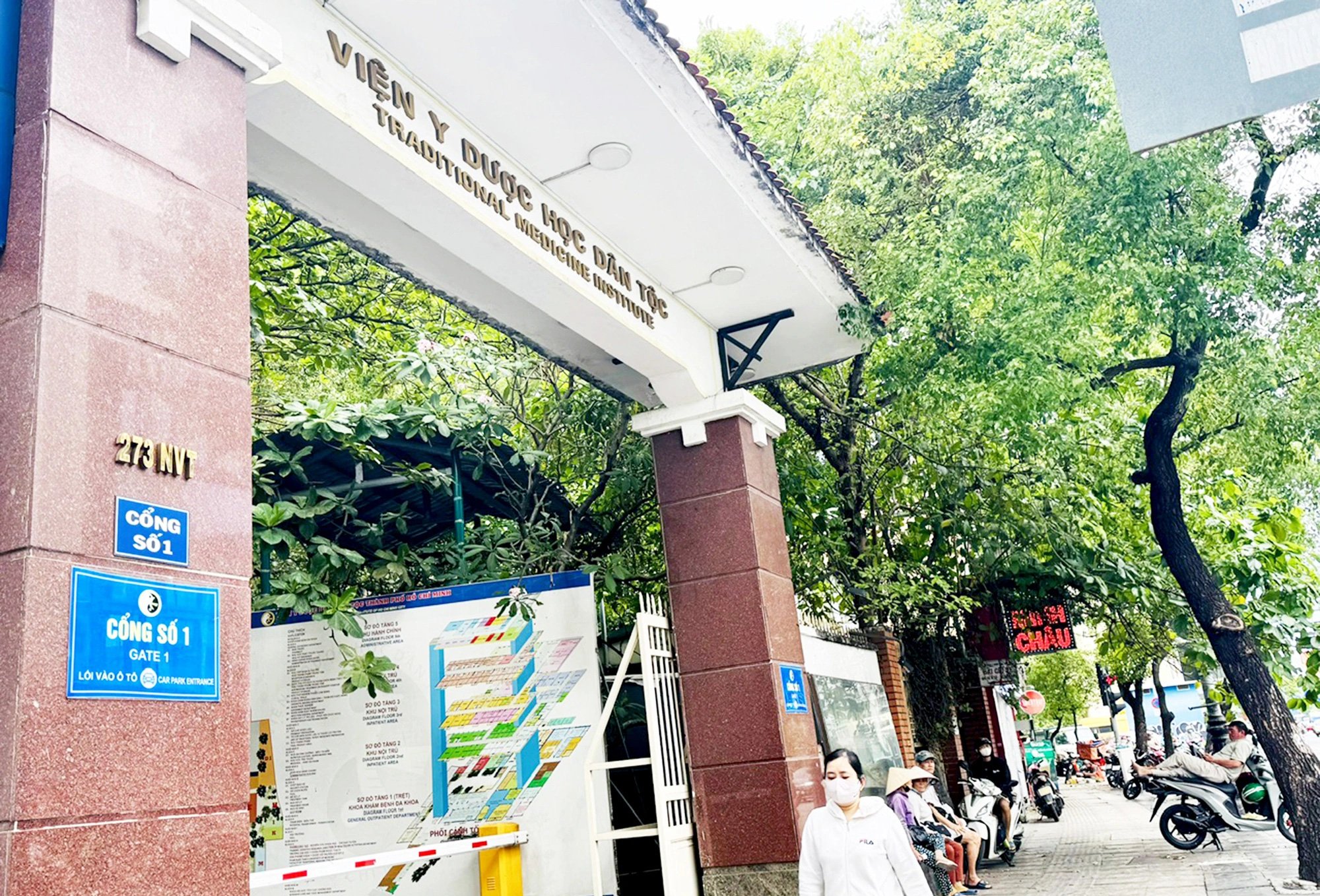
Many insurance companies refuse to pay compensation when customers are treated at medical facilities such as hospitals - Photo: BONG MAI
The contract terms are drawn up by the insurance company. When an accident occurs and compensation is denied, the customer will read the details. Although dissatisfied, they have to accept it.
Refused insurance compensation when treated at the Institute of Traditional Medicine
Reflecting to Tuoi Tre newspaper, Ms. Nguyen Thi Thanh Thao (53 years old, Ho Chi Minh City) said that in 2024, she was an inpatient at the Ho Chi Minh City Institute of Traditional Medicine and was paid 200,000 VND per day in hospital fees by Prudential , equivalent to 2.8 million VND in total.
“After being discharged from the hospital, because my health was not stable, I went back for a check-up and the doctor admitted me to the hospital for further treatment,” said Ms. Thao. The total time for the second visit was also 14 days, at the same treatment location as the first time, but the insurance company refused to pay.
The reason is because the Ho Chi Minh City Institute of Traditional Medicine does not meet the definition of a hospital and is therefore not covered by insurance.
Responding to Tuoi Tre newspaper about the incident, Prudential explained that in the terms of the health insurance product that customer Thao signed with the company, hospitals do not include: Psychiatric Hospitals/Institutes, Traditional Medicine Hospitals/Institutes, Leprosy Hospitals/Institutes…”, regardless of whether these facilities operate independently or are affiliated with a hospital.
Thus, "Hospital/Institute of Traditional Medicine" is understood to mean hospitals/institutes/facilities/organizations that examine and treat according to traditional medicine, traditional medicine (for example, Military Traditional Medicine Institute, Traditional Medicine Hospital of the Ministry of Public Security , Central Traditional Medicine Hospital, Tue Tinh Hospital, Ho Chi Minh City Traditional Medicine Institute, Quang Ngai Traditional Medicine Hospital)... all of which are excluded from the insurance product.
Regarding the reason for the first payment, the company said there was a mistake, but still did not recover the money from the customer.
In fact, not only Prudential but many other insurance companies also exclude benefits when customers receive medical examination and treatment at the Institute of Traditional Medicine.
For example, customer Hoang Long (Phu Nhuan district, Ho Chi Minh City) bought insurance "Manulife - My beloved family", then suffered a stroke and was paralyzed on one side in 2023, losing the ability to live.
After a period of complaint, the insurance company agreed to pay compensation of 300 million VND to Mr. Long.
His insurance contract included health care benefits (including hospital fees). However, the insurance company refused to reimburse the costs related to his inpatient treatment at the Institute of Traditional Medicine (Ho Chi Minh City Department of Health).
Based on documents provided by the Institute of Traditional Medicine, Mr. Long was diagnosed with intracranial hemorrhage.
The treatment method at the hospital is modern medicine (rehabilitation - physical therapy, blood pressure stabilization, blood sugar stabilization...) combined with traditional medicine (tonifying Qi, promoting Qi circulation, nourishing liver and kidney yin).
According to the investigation, the insurance company's decision to refuse payment was correct based on the signed contract. However, customers still have many concerns related to this regulation.
Different name, same nature as hospital
From a medical perspective, answering Tuoi Tre newspaper, Mr. Nguyen Trong Khoa - Deputy Director of the Department of Medical Examination and Treatment Management of the Ministry of Health - said that the function of the institute is similar to that of a hospital when both are licensed by the Ministry of Health to operate medical examination and treatment in the form of a hospital.
For example, in Ho Chi Minh City, the Heart Institute and the Traditional Medicine Institute are both licensed to operate as hospitals, with beds for treating patients. The Pasteur Institute in Ho Chi Minh City, which focuses on scientific research, disease prevention and control, does not have beds.
“The name of the institute is whatever the medical facility is called, but they are not purely research institutes. Once an institute is granted an operating license, it is essentially like a hospital,” Mr. Khoa explained.
Faced with the fact that the life insurance company refused to pay customers after they were hospitalized at the Ho Chi Minh City Institute of Traditional Medicine because according to the contract, the company only paid hospital fees, Mr. Khoa said that the life insurance company was incorrect, did not understand the nature of the problem, and affected the patient's rights.
Associate Professor Nguyen Hoai Nam – former deputy head of the Department of Thoracic and Cardiovascular Surgery, University of Medicine and Pharmacy, Ho Chi Minh City – said that according to the administrative system, there are only hospitals and clinics (general and specialized).
Usually, a licensed institute is similar to a hospital, just with a different name. There are also institutes that focus only on research and do not have the function of treating patients.
“It is necessary to adjust the name of institutes with the function of medical examination and treatment to hospitals to make it clearer and not affect the rights of patients. If it is true that the institute only has the function of research and does not perform medical examination and treatment, then it is right for the insurance company to refuse to pay for patients,” Associate Professor Hoai Nam said.
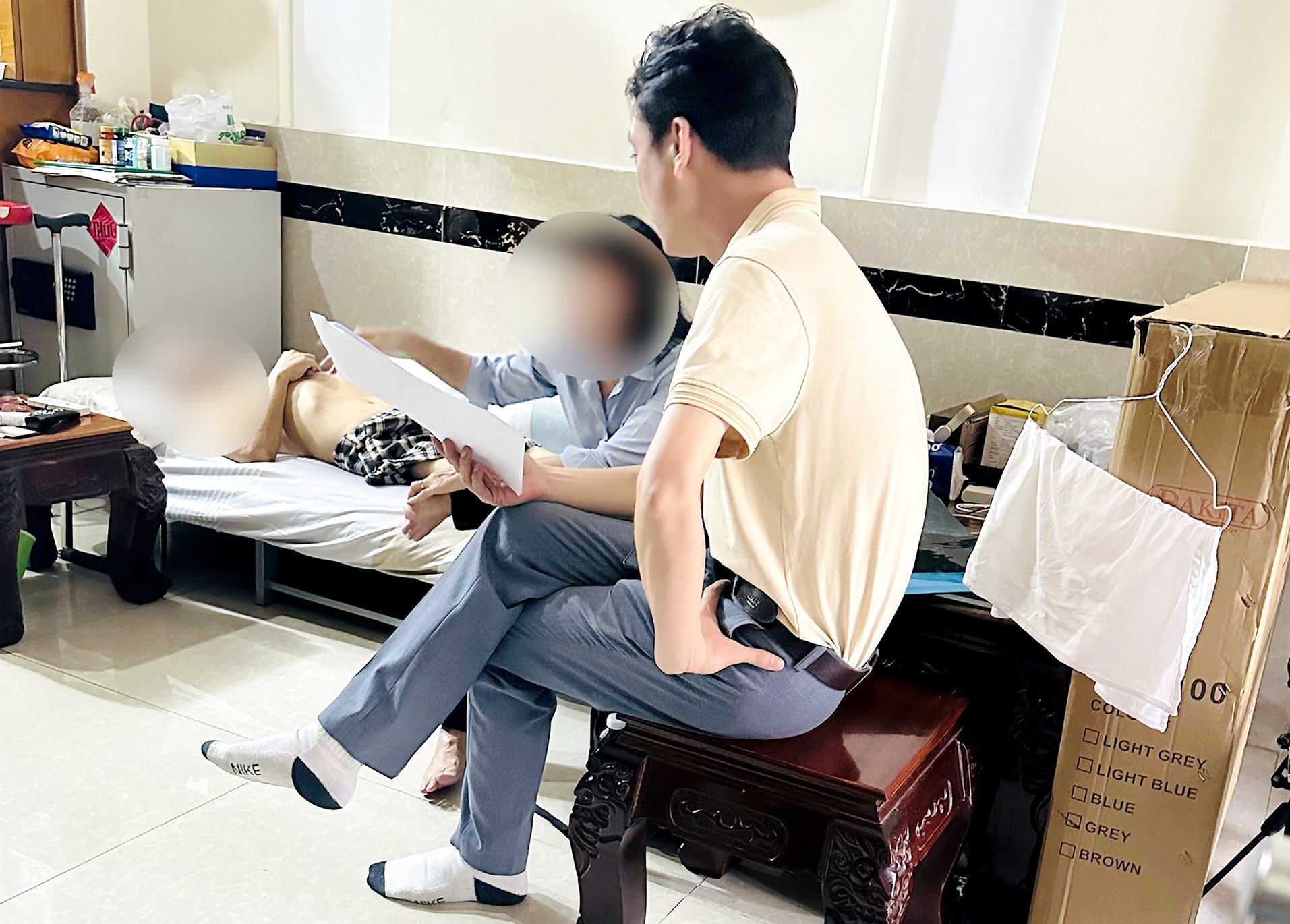
Customers are not compensated for health insurance benefits (supplementary products) when treated at the Institute of Traditional Medicine - Photo: B.MAI
Prevent profiteering, but do not harm the interests of customers
According to Tuoi Tre sources, recently there have been many cases of insurance fraud related to accident compensation benefits (burns, broken bones, etc.), hospitalization benefits (hospital fees) and critical illness.
In some cases, customers do not declare their medical conditions before purchasing insurance or use fake names when seeing a doctor.
A survey by the Insurance Association shows that at life insurance companies, the rate of health insurance claim applications that are detected as fraudulent and rejected ranges from 3 to 8%.
These are cases where customers accept the results without complaining. In addition, 0.5 - 3% of the cases that have paid benefits have signs of suspicion but lack clear evidence.
According to experts from the Academy of Insurance and Financial Risk Management, preventing profiteering is necessary.
However, it is necessary to recognize that the profiteering lines do not only originate from customers but also have the assistance of insurance agents and medical staff. Therefore, businesses need to strictly control internal processes and partner teams.
To give customers and agents peace of mind with insurance
Expert Ha Vu Hien, who used to be the deputy general director of a life insurance company, said that life insurance is an essential tool to support social security, helping individuals and communities overcome financial difficulties when risks occur.
For example, when a house burns down, a car breaks down in an accident, or the breadwinner has a health problem, insurance plays a role in financial compensation, helping the family stabilize their life and the business quickly recover production.
In addition, insurance also contributes to creating investment capital, promoting circulation in the economy.
However, Mr. Hien said that the insurance industry in Vietnam has not developed as expected. Some personnel have practiced wrongly, damaging people's trust, causing many to see insurance as a "fraudulent" industry.
He said the core element of insurance is trust, and when this declines, not only does the business's revenue and profits suffer, but it also negatively impacts the quality of service.
Nowadays, many customers are upset with the unreasonable refusal of some insurance companies to pay. This not only causes insecurity for customers but also affects those working in the industry.
According to Mr. Hien, to improve, customers need to be careful when reading contracts, clearly understanding their rights and obligations. Insurance agents need to provide transparent and complete advice, while businesses must ensure service quality and resolve complaints fairly.
He also proposed the establishment of an association dedicated to protecting consumer rights in the financial and insurance sector to have a stronger and more objective voice. This association needs to operate independently to protect customer rights and strengthen trust in the insurance industry.
In addition, the management agency needs to strengthen supervision of complaint settlement. Propose to impose fines or temporary suspension of operations on businesses that unreasonably delay or refuse compensation.
At the same time, it is necessary to publicly disclose information related to complaints and service quality of insurance companies annually.




![[Photo] General Secretary To Lam receives Vice President of Luxshare-ICT Group (China)](https://vphoto.vietnam.vn/thumb/1200x675/vietnam/resource/IMAGE/2025/11/15/1763211137119_a1-bnd-7809-8939-jpg.webp)
![[Photo] Prime Minister Pham Minh Chinh meets with representatives of outstanding teachers](https://vphoto.vietnam.vn/thumb/1200x675/vietnam/resource/IMAGE/2025/11/15/1763215934276_dsc-0578-jpg.webp)


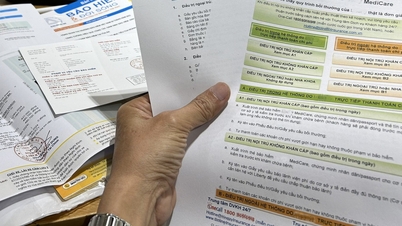

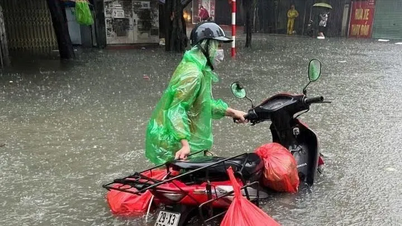




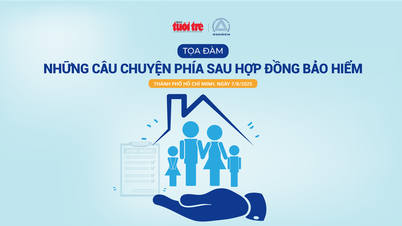



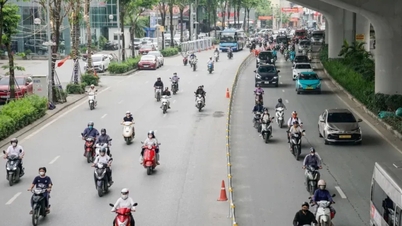









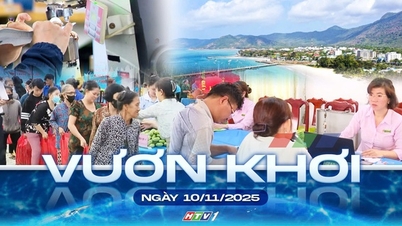

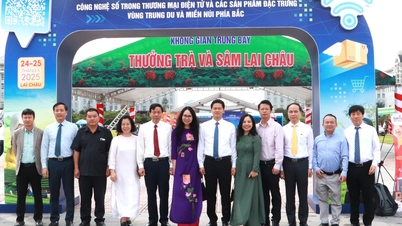
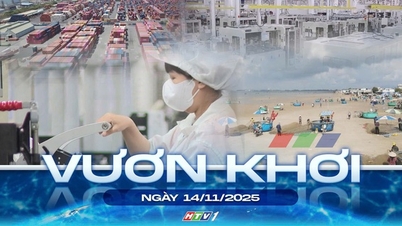









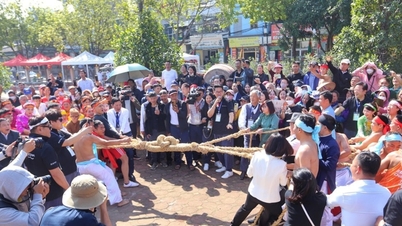








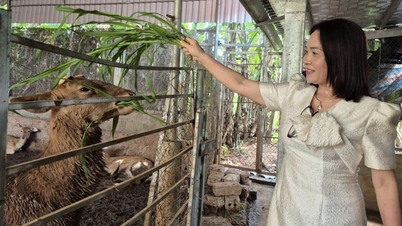




















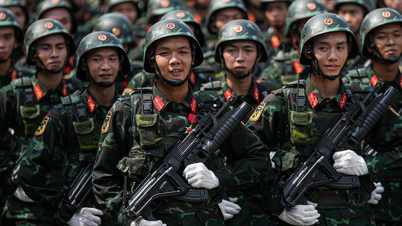

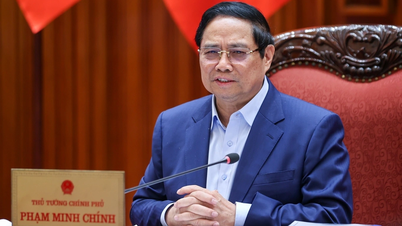
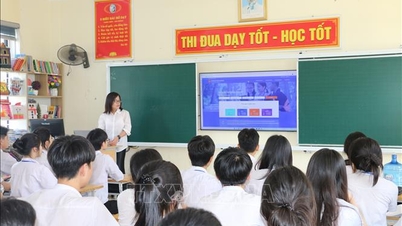

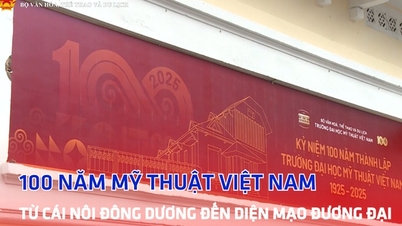








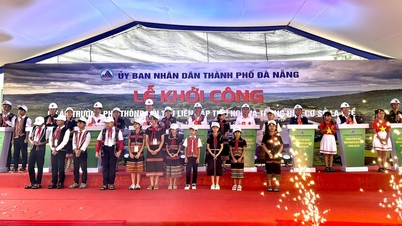

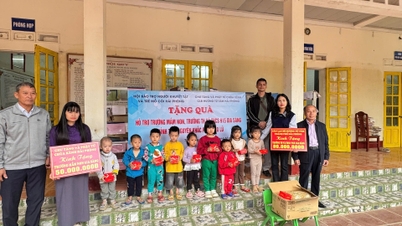

















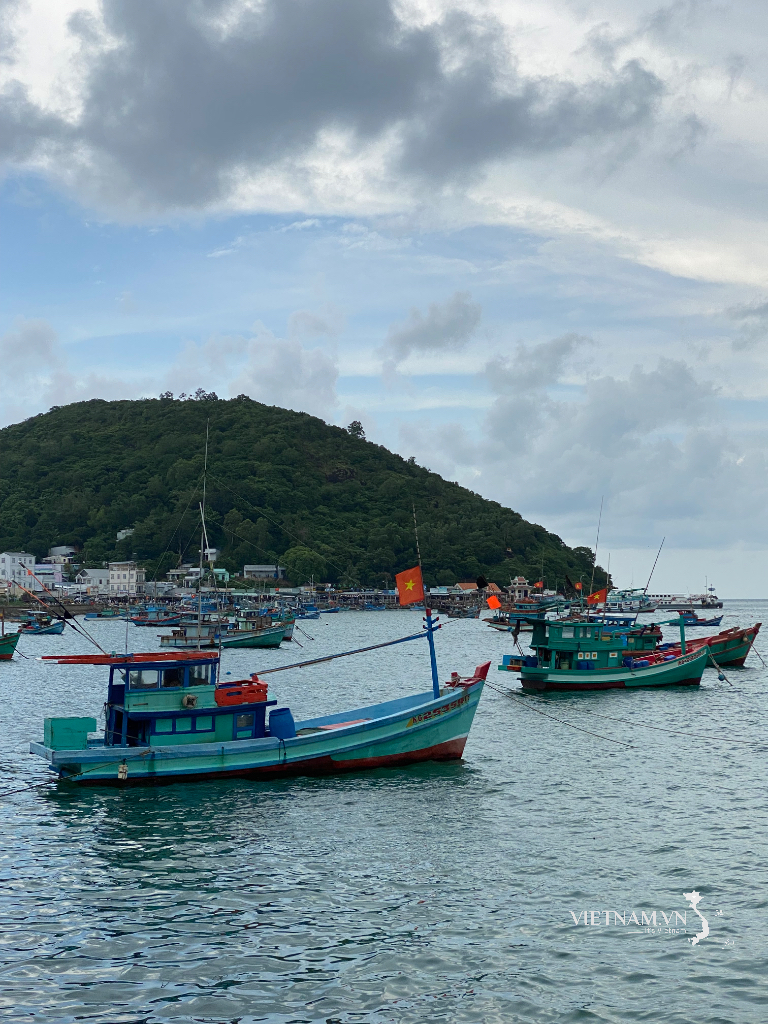

Comment (0)